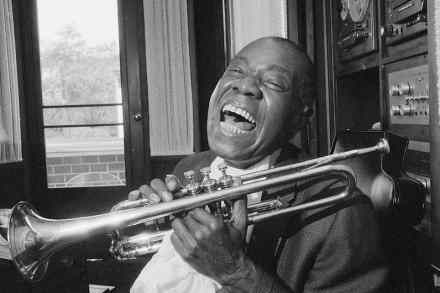These polemics against Brexit both fall into the same trap
It is good for historians to take the plunge into political writing, using their knowledge where they can to illuminate our present predicament. I declare an interest: I have tried it myself, on the other side of the debate. One has to be open with the reader as to one’s intentions and willing to expose one’s own opinions to the test of evidence. Otherwise, the result is something like these intriguingly confused and confusing books, which are really polemics against Brexit while purporting to be something else. Though very different in style and assumptions, their prejudices lead to the same intellectual dead end. Bernard Porter is a distinguished historian of




















